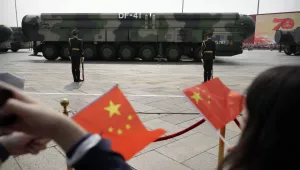This seminar will examine why decision-makers often find it so difficult to evaluate their progress when pursuing strategic breakthroughs, especially in the context of military strategy. Existing theoretical frameworks (including prominent literatures on optimal stopping, bandit problems, and the bargaining model of war) predict that the longer decision-makers go without achieving their objectives, the more pessimistic they should become about their ability to do so, and the more likely they should be to change course. The talk will challenge those ideas and explain why we should often expect the very opposite. The theoretical crux of the argument is that standard models of learning and adaptation revolve around the assumption that decision-makers are observing repeated processes—but there are many cases where decision-makers are instead dealing with cumulative processes which follow a very different logic. After presenting these concepts, the seminar will apply them to evaluate U.S. military strategy during the American Indian Wars. This experience is unusually well-suited for a study of strategic decision-making because more than 100 Native American tribes fought against the United States: it is thus possible to take commanders' expectations and compare them against a relatively large body of objective empirical evidence. To be specific, the seminar will leverage original, event-level data spanning roughly 3,000 frontier engagements. The seminar will close by drawing implications for decision-making in fields beyond national security.
Please join us! Coffee and tea provided. Everyone is welcome, but admittance will be on a first come–first served basis.




